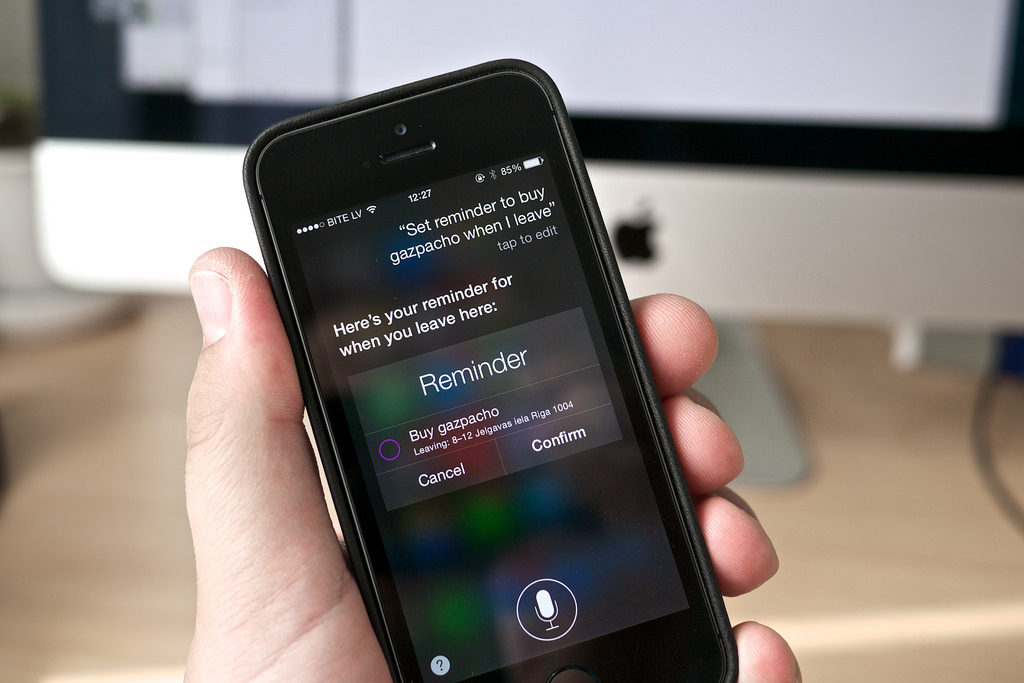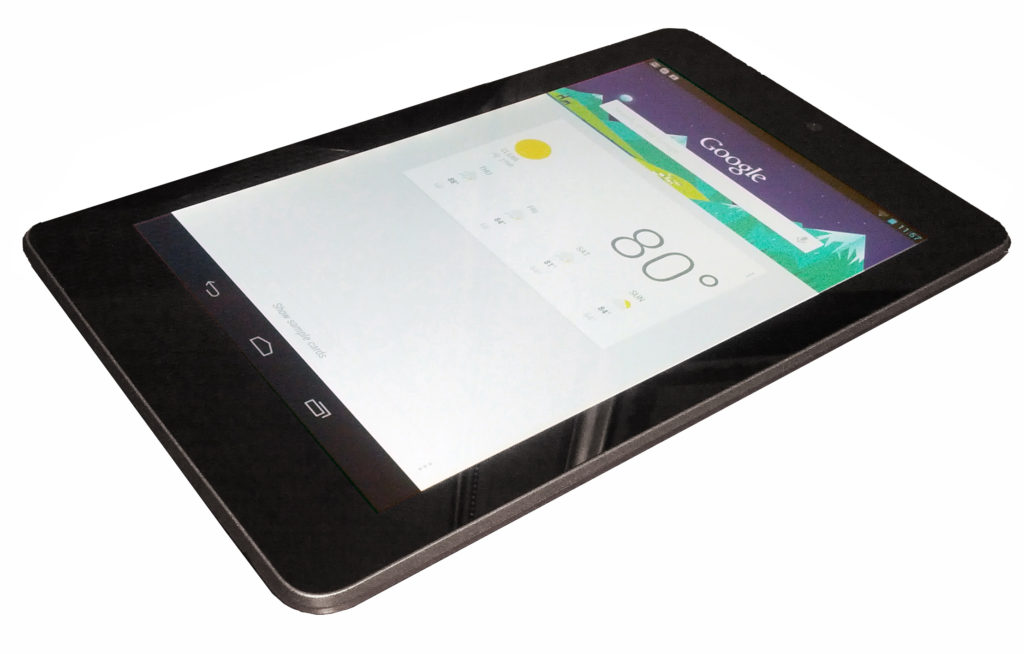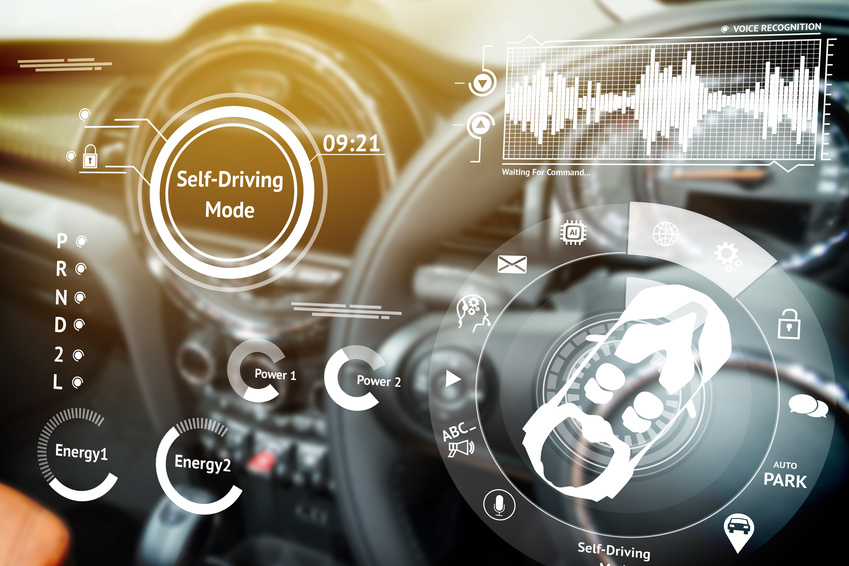
In today’s fast-changing world where efficiency is highly coveted, there is nothing more exhilarating than getting a quick answer to a question, or receiving an immediate response from a request. After all, time is money. And let’s face it, who doesn’t want a little personal assistance to make their lives easier? This is especially true when you are driving. In a study done by the Texas A&M Transportation Institute in 2015, the average American spends over 40 hours commuting. As such, time on the road has become increasingly costly; and the value of using this time effectively has become tremendously high. All for the reason of making room for the more important things in life.
Personal assistants have been around since the beginning. Ever loyal and vigilant, these dedicated jack-of-all trades have taken notes, run errands, and made appointments. For anyone with too many tasks on their daily schedule the value of a personal assistant is obvious. Simply having someone around to manage your schedule and remind you of everything you’re supposed to do can be extremely beneficial.
This is why the idea of a virtual assistant (VA) can be seen as a key asset for drivers. What if you could just ask your infotainment system to review your calendar for the week or make an appointment? How about asking for current road conditions or alternate routes? Choosing, through voice commands and responses from your VA, on places to eat with your wife or girlfriend? Or maybe just asking your VA via your infotainment system to just connect a call for you—maybe make all those “have to” phone calls while you’re sitting in traffic by asking your VA to connect them for you.

Source: Wikipedia
Virtual Assistants are beginning to become more common as they show up on our cellphone—Siri—on our computer—Contana—and on the web—Google Now. We are beginning to become more comfortable verbally asking our devices to do things than just typing them out on a keyboard. And as these VA’s are continually being developed and refined, they are able to understand our request by us asking simple questions. What time is it? What is the Weather in San Antonio in October? Please make an appointment with my dentist on Wednesday after work.
VLine and Your Own Virtual Assistant
Now automakers are partnering with VA developers like Apple and Microsoft to create integrated infotainment systems with VA functionality. If you are willing to wait a couple years and buy a new vehicle, you may be able to take advantage of this new technology. But if you access your current infotainment system with GROM Audio’s VLine car kits, you already have access current Virtual Assistant systems
With this in mind, we will review some of the most popular VA’s out there, looking at their strengths, weaknesses, and what’s next for them:
Apple Siri

Siri is the one of the first VAs developed and has been a feature of iPhones since its introduction. Siri is famous for responding to voice commands, offering feedback, humor, and information. Siri is notable in its understanding of human language and knowledgeable about news, weather, sports, movies, directions, and local business.
Its main weakness as a VA is that it is, as of yet, still being developed to communicate with other apps and services. It also tends to be slower than other VAs. Though the system is notorious for its sardonic humor, it isn’t capable of holding extended conversations; however, neither can most of its competitors.
Apple is still working to make it more able to open other devices like Pandora or Yelp, and ensure its level of integration with outside services is superior. This development will key to keeping Siri from being reduced to an untimely novelty.
Amazon Alexa

Source: Wikipedia
Alexa is another famous VA system notably tied with Amazon’s Echo audio device, which are both well marketed and synonymous with one another. Alexa is also famous for her banter, mostly through her commercial marketing, but also has other key features that make it relevant. Alexa is able to stream music and read news from various sources. It can offer weather reports and other important information. Most notably it can be integrated with many other devices for use through Alexa voice applications, which could eventually be related to car system activation.
Its biggest flaw seems to be that it doesn’t have much web integration and is being seen as a conduit for Amazon goods and services.
The outlook, regardless, is remarkably positive as Amazon is investing many resources to continually develop Alexa, especially as it is becoming more integrated into many other Amazon devices. In addition, Amazon is partnering with Ford to offer Alexa for future Ford infotainment systems. This can only lead to further benefits for drivers.
Microsoft Cortana

Source: Wikipedia
Cortana is not only an integrated VA system with the new Microsoft Windows 10 but also a key element of Window phones. More importantly, Microsoft is building partnerships with companies like Nissan and BMW to provide integration with their infotainment systems. Cortana is keenly well suited to schedule reminders and calendar appointments. It can track packages, set alarms, and search for information on Bing. The device is a nice companion for Microsoft Office applications and optimized to use with any of them.
Cortana’s biggest flaw is it does seem, for the most part, as a companion VA for Microsoft products, as many of Microsoft technologies seems to be xenophobic to outside integration. It lacks a level of integration with outside operating systems, making it a challenge to use on mobile devices and possibly VLine.
The truth about Cortana is that it is still being developed and, as time passes, maturing into more of a VA chat-box, which in-line with what has been developed with both Siri and Alexa. Though this article is not going to evaluate the quality of wit and sarcasms between VAs, Cortana can tell you jokes and offer humor just like Sir and Alexa, though the quality of quips will be left up the users.
Google Now

Source: Wikipedia
Google has done something slightly different with their VA system. Setting aside the personality and puns, Google Now has become a VA extension of Android, Chrome, and Googe.com. With voice commands, users are becoming more comfortable using their speech to use google and initiate actions on their Android devices. You can ask Google to make a call for you, search for a restaurant, or get the best directions to Aunt Rose’s house.
Most notable with this system is its integration to outside devices, making it the obvious choice for drivers— and VLine. Goggle has already have begun a partnership with Hyundai and Daimler to add Google Now to their infotainment systems. Most importantly, Google Now is quick and accurate. It is uncommonly able to mine your personal data for information about flights, deliveries, reservations, and other things you to know more about.
Google’s major flaw is a lack of a virtual persona. It would not be able tell you a joke nor offer sarcasm (this may seem to be a bonus to some people); however, it will tell you the best way to get to the airport along with telling you your flight’s current status.
The future for Google’s VA is vast as it can access search engine data, making a suitable future leader in the VA business. Whether it will develop a personality remains to be seen. But in terms of data access, it has no rival.
The Future of a Virtual Assistant.
Virtual Assistants are still an emerging technology, which will more than likely change computing forever. In the near future, VAs will quickly find homes in the latest car infotainment systems. With GROM Audio, these systems are more readily available. The value to safe driving is vast, enabling drivers to use voice commands to run navigation and entertainment systems. Making calls are only a voice command away and awareness of traffic alerts would be left entirely to one’s VA.

GROM has been the leader of integrated kits that update and integrate car systems. With VLine, the fully integrated and modifiable infotainment system, VA is immediately accessible and future innovation will only add more valuable to VLine – your driving experience and your safety.
